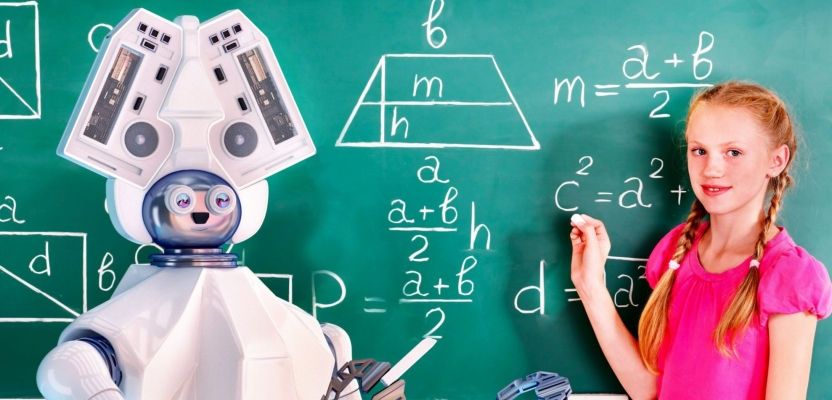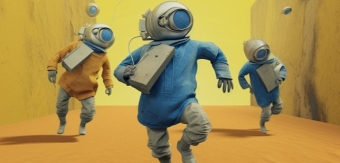Whether you need a sonnet written, some code debugged, or an article on astronomy written from scratch, ChatGPT can handle it in a matter of seconds. There seems to be few limitations to the AI-powered chatbot, and it can even do something as difficult as passing the bar.
You read that right. Earlier this month, ChatGPT developer OpenAI unveiled GPT-4, an enhanced iteration of its language model that powers the chatbot service. Thanks to this shiny new update, the tool is not only intelligent enough to pass the bar exam, but score in the top 10%.
Just to add to ChatGPT’s already impressive CV, researchers have also discovered that the bot has a 60% success rate on the US Medical Licensing Examination — the gold-standard assessment required by doctors to practise medicine in the States.
Inevitably, these findings have caused quite a stir in higher education and further fuelled speculation about how the advancement of AI could revolutionise the field — for better or worse. How might ChatGPT end up impacting education in the future?
What is ChatGPT?
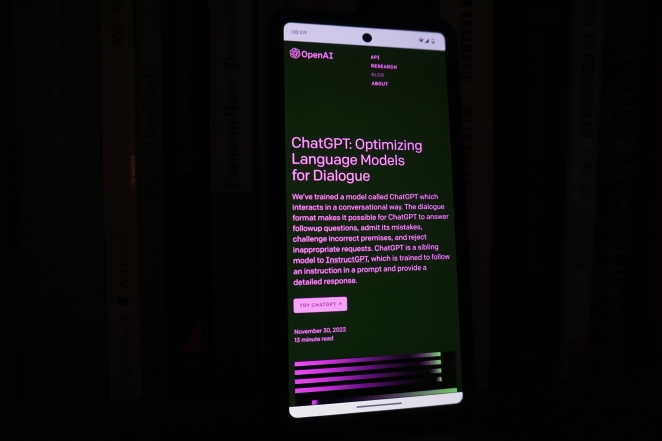
If you’re not yet familiar with ChatGPT, let’s catch you up. In simple terms, it’s an AI-powered language processing tool that users can have human-like conversations with on a wide range of topics. As we’ve already touched upon, it can perform a seemingly infinite number of different tasks, yielding some pretty impressive results.
Publicly launched in November 2022, ChatGPT is a relatively new addition to the world of consumer AI, but this hasn’t stopped it making waves across the web. The tool drew in over a million users upon its release, and has since had investors scrambling to get involved, including Microsoft, which recently invested a whopping $10 billion into its mothership, OpenAI.
How is ChatGPT impacting education?
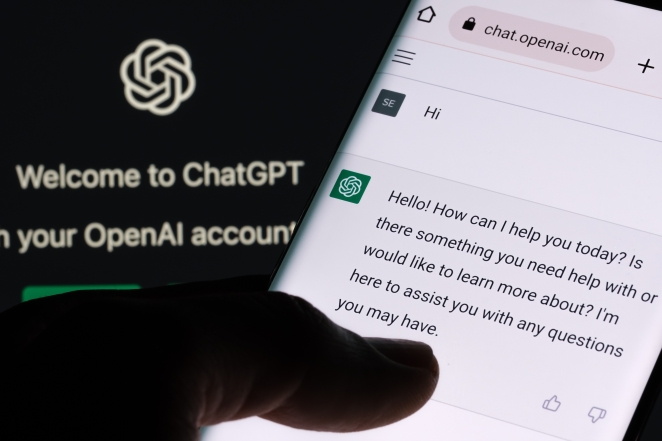
The good
ChatGPT has the potential to be a game-changer for improving education. Since it has been trained on a vast amount of textual data, the brainbot can understand and respond to an endless number of queries in a similar way to a human conversation.
This canmake ChatGPT useful for students since it offers them immediate, individualised help with their assignments. In fact, some psychologists believe that rather than weakening student effort, ChatGPT can help prepare them for the real world by encouraging critical thinking and advanced learning.
One article from the American Psychological Association suggests that “it may help to think of ChatGPT like a calculator. If you were teaching simple addition, then a calculator might hinder learning. But in a calculus course, the same tool could free up cognitive resources to help students perform the more advanced skills they need to learn.”
The bad
It’s true that ChatGPT could be useful as a teaching tool, but the downsides of the swotbot arguably outweigh the advantages.
ChatGPT is not suitable for tasks that require specialised knowledge, logic, or up-to-date information. The model is trained mostly on publicly available data from before 2021, which means that if you ask ChatGPT to elaborate on a scientific breakthrough in 2022, say the first approval of lab-grown meat, it will be unable to do so. Instead, the bot will apologise and answer with something like: “My data training has a cutoff of 2021, and there may be more recent developments or changes that I am not aware of”.
Moreover, ChatGPT’s homepage makes a point of warning users that it “may occasionally generate incorrect information,” or “produce harmful instructions or biassed content.” While it's good at explaining complex concepts, the bot has been shown to regurgitate some terrible answers, often getting things wrong.
The risky
Universities have traditionally imposed rigorous policies against cheating and plagiarism, and these have recently been strengthened to include severe penalties for submitting work facilitated by AI.
The University of Nottingham, for example, has updated its academic misconduct guidelines to include “cheating, falsifying results, plagiarism and the use of essay banks or the misuse of AI software such as ChatGPT.” Moreover, Turnitin has recently announced its plan to tackle AI plagiarism, stating: “we have technology that can detect AI-assisted writing and AI writing generated by tools such as ChatGPT.”
So, what happens if a student gets caught using ChatGPT to complete an assignment or help them during their exam? Penalties can range from failing the assignment, failing the course, or even being expelled from the university — depending on the severity of the situation and the school in question. Is it really worth putting your academic future, career and reputation at risk?
What could the future of education look like?
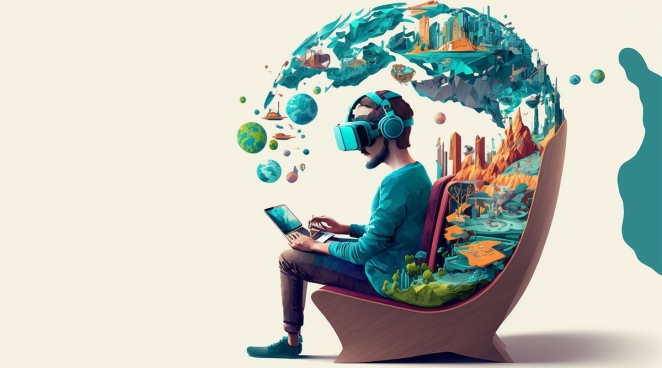
As a result of the pandemic, many universities have shifted to online exams. Now, in the age of AI, questions have been raised over what the future of testing could hold. In an effort to curb the widespread cheating that has plagued testing as a result of AI, Australian universities have even resorted to pen and paper exams — remember those?
However, I believe that this is a huge step backwards. Standardised tests have long been criticised as an outdated and biassed way of assessing students. One of the major gripes is that they put too much weight on outcomes and fail to consider factors that impact academic success, such as individual learning styles, socioeconomic background, and educational needs.
Instead of returning to the dark ages, AI should instead help us to find new and better ways to test students, such as learning games and virtual reality. In addition, AI’s ability to sift through mountains of data from exams, assignments, and class participation might lead to more accurate, personalised assessments of students' academic prowesses.
With the rise of online learning and the increasing use of AI, there is hope that the unfairness that exists in testing will be addressed, and exams become more personalised, adaptive, and inclusive.
By Edward Coram James, CEO at Go Up.

